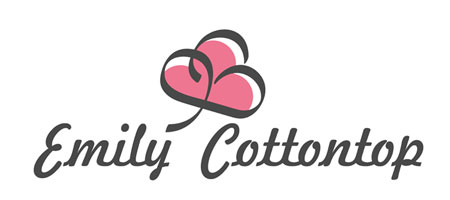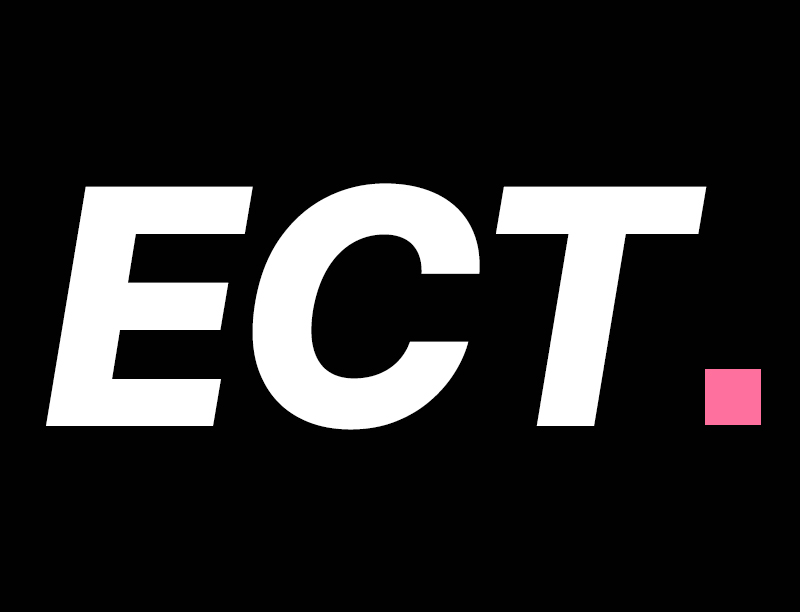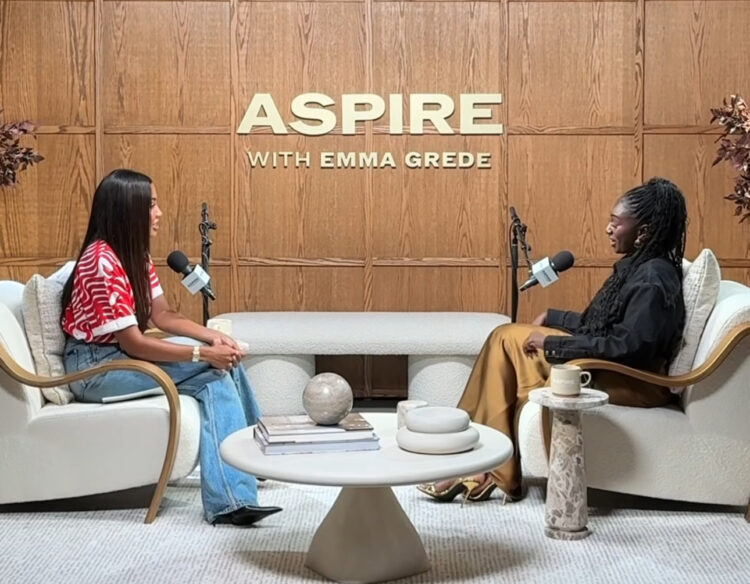I hate the word ‘failure’, I hate what it means, the stain it leaves on my life story, on my business and on how I show up in the world.
When I really sat with the word, I realized failure isn’t always about falling short it’s about what we decide to make of that moment.
For so long, I carried it like a scarlet letter, proof that I wasn’t good enough, smart enough, or prepared enough.
But in truth, failure is nothing more than information.
It’s a mirror reflecting what worked, what didn’t, and what could be done differently next time.
I had to start looking at failure as leverage.
Instead of letting it stop me, I started asking: What did this teach me? How can I use this as a stepping stone instead of a stumbling block?
That shift — from shame to strategy — completely changed the way I approach my business and my life.
I listen to conversations about failures often because they reinforce the FACT that failure is no dead end.
Rather, it is redirection, a recalibration, a necessary checkpoint that often leads us closer to what we actually want.
Failure, when we zoom out, is a universal language. Every creator, every entrepreneur, every dreamer has faced it in some way.
What separates those who stay stuck from those who rise is how they decide to interpret it.
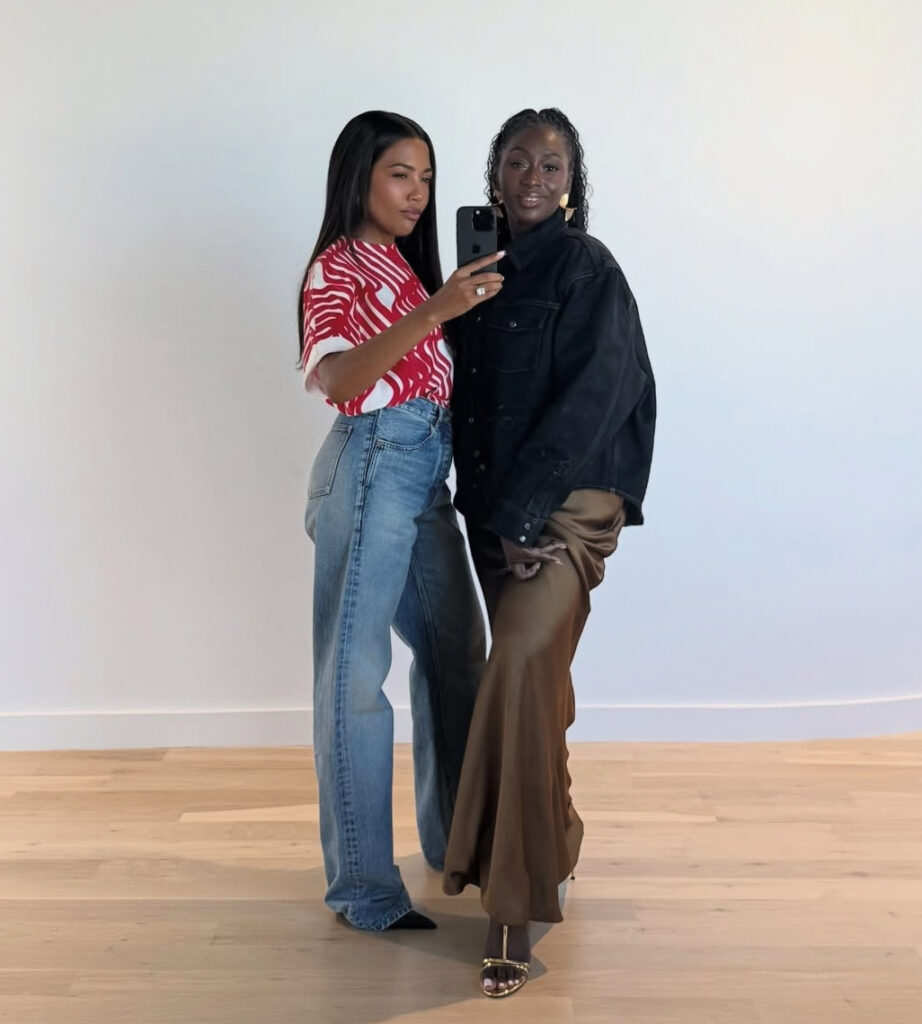
That’s why conversations like the one between Diarrha N’Diaye and Emma Grede on the Aspire podcast hit so deeply because they remind us that even visionaries who seemed to “have it all figured out” still wrestle with failure, and more importantly, what to do with it.
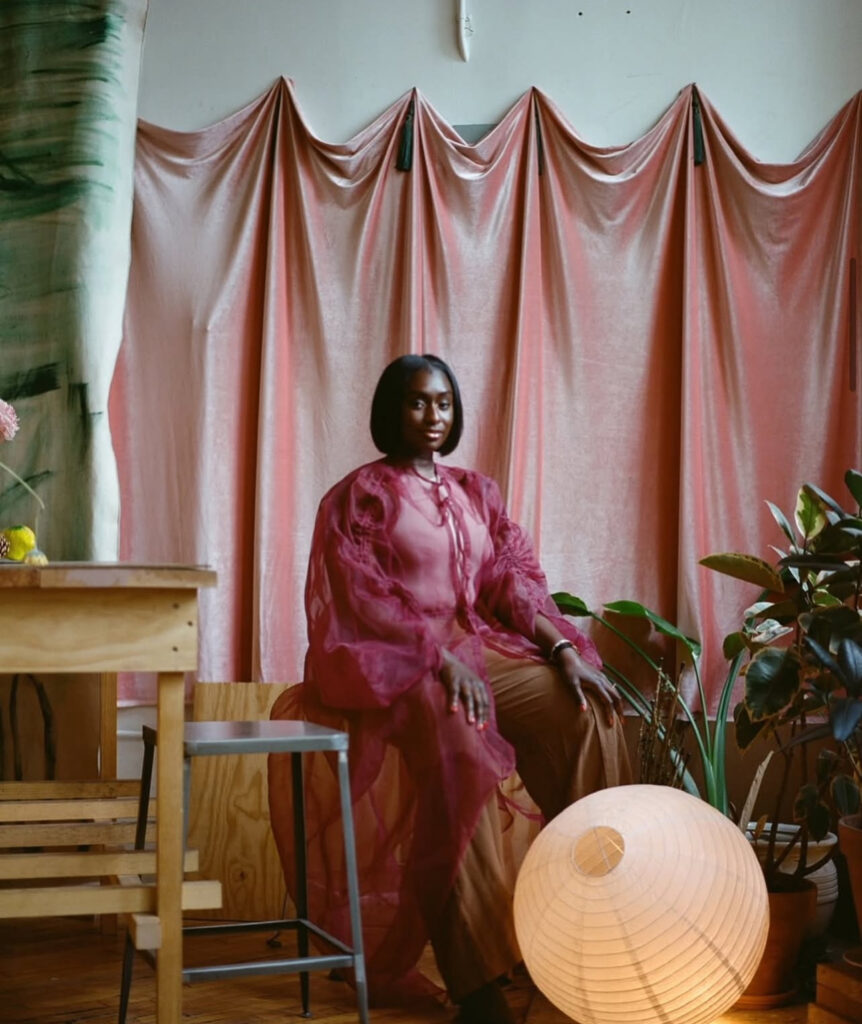
For those who may not know, Diarrha N’Diaye is the founder of Ami Colé, a beauty brand that burst onto the scene with a clear mission: to celebrate melanin-rich skin and redefine beauty standards for Black women and women of color.
Launched in 2021, Ami Colé wasn’t just another beauty line…it was a cultural statement.
The brand’s minimalist aesthetic, clean formulas, and unapologetic centering of Black beauty made it stand out in an industry that often sidelines us.

It was about representation, yes, but also about innovation and care.
For the culture, Ami Colé meant visibility.
It meant walking into a space and finally seeing products created for us, by us, not as an afterthought, but as the main focus.
It represented what could happen when black women take ownership of the narrative in industries that profit off our image but rarely honor our needs.
View this post on Instagram
So when the news broke about the brand’s challenges, it wasn’t just about business; it was about what it meant for a whole community that had embraced Ami Colé as a mirror of themselves.
On the podcast, Diarrha was unflinchingly honest about what it felt like to watch Ami Colé, a brand so deeply tied to her purpose, struggle and eventually reach its end.
She spoke about the weight of pouring your entire self into something, only to have to admit that it didn’t sustain the way you hoped.
But instead of masking that pain, she leaned into it. She framed it not as the end of her story, but as part of the process a chapter that still carried lessons, impact, and legacy.
(The brand was named after her mother for goodness sakes!)
What stood out the most was how Diarrha redefined failure in real time.
She didn’t describe it as shameful or final. She described it as data, as insight, as a lived experience that would sharpen her vision for whatever comes next.
And in that reframing, there was power. She showed that even when something we build doesn’t last forever, it can still move the culture, still inspire, and still open doors for the next generation of founders.
Her candor was a reminder that failure doesn’t erase the brilliance of the work. Ami Colé changed conversations in the beauty space, and that impact can’t be undone.
What we often call failure might actually be proof of courage, proof that someone dared to create something bigger than themselves, knowing the risks but doing it anyway.
About our community
One of the most striking things Diarrha shared was the emotional rollercoaster of building a brand with community at its center.
When Ami Colé first launched, the response was electric. Sales skyrocketed, the culture celebrated loudly, and for a moment, it felt like the dream every founder chases: this is it, I’ve made it, I’m on the right path. But what she made clear is that initial hype doesn’t last forever.
Once the launch moment passes, what sustains a brand isn’t excitement alone; it’s the slow, consistent work of nurturing: building strong teams, finding the right advisors, and leading with strategy, not just passion.
She also explained how the culture often “swoops in” at the end, trying to save the very thing that feels like it’s slipping away.
In Ami Colé’s case, she revealed that in the final ten days of the brand, sales outpaced what had been made in an entire year.
View this post on Instagram
On paper, that surge looked like salvation, but in reality, it was a temporary spike a reaction, not a solution.
Those wild swings can play tricks on your mind, making you feel like maybe things can turn around if you just hold on a little longer.
The hard truth is that these bursts of energy, while beautiful, can’t always sustain the machinery behind a business.
It’s not easy to explain to a loyal community that their late rally of support, as powerful as it feels, isn’t enough to cover the costs, the systems, and the long-term health of a brand.
Sometimes, even with all the love in the world, closing down is still the only option.
And that reality doesn’t negate the impact it simply highlights the complexity of trying to build something for the culture while still keeping the lights on.
Mom guilt and the scarcity mindset
I remember having my son at one of the most critical times in my business. There is a picture of me kissing him outside of one of our brick-and-mortar stores with stains all over my jacket from God knows what.
Milk, drool, both.. it’s all a blur!
I am not saying men have it easier, but I am saying I can understand Diarrha’s impulse to take a PR call in between contractions.
We believe that if we say no, the world will move on without us, and everything we’ve built will slip through our fingers.
The pressure we feel to “do it all” — to never miss an opportunity, to always show up, even when our bodies and spirits are begging for rest is not lost on me.
We were raised this way, we saw our mothers and grandmothers do it, surely this is what is required to make it!
Right?
Riiiight?
…Maybe not!
That mindset often comes with a cost.
It means missing moments with our children because we are terrified of losing momentum in our careers. It means pushing yourself past exhaustion because the fear of being forgotten feels heavier than the need to protect your own well-being.
And it means showing up for everyone else…the investors, the customers, the culture …..while not showing up for yourself in the ways you deserve.
Emma reminded Diarrha that none of that is true.
We can say no.
We can set boundaries.
We can allow ourselves to be present as mothers, daughters, sisters, friends and still be worthy leaders and entrepreneurs.
The culture that tells women, especially Black women, that we must burn ourselves out to keep our place is lying to us.
The real power is in knowing that our worth isn’t tied to how many appearances we make, how many calls we take, or how much of ourselves we sacrifice.
My final take away
Listening to this conversation reminded me that failure isn’t really about endings….it’s about clarity.
It forces us to ask hard questions: What am I building? Who am I building it for? And at what cost?
When we strip away the noise, failure can become a teacher, showing us where we need to set boundaries, where we need to rest, and where we need to trust that saying no won’t erase everything we’ve worked for.
It showed us what’s possible when we create boldly, and it also showed us the truth about the sacrifices that come when we try to do it all.
Again I am knocked into the reality that my failures are not stains.
failure is leverage, it’s redirection, it’s wisdom.
So, thank you, Diarrha. Thank you for daring to build something that centered us, that made us feel seen and worthy in an industry that too often overlooks our beauty.
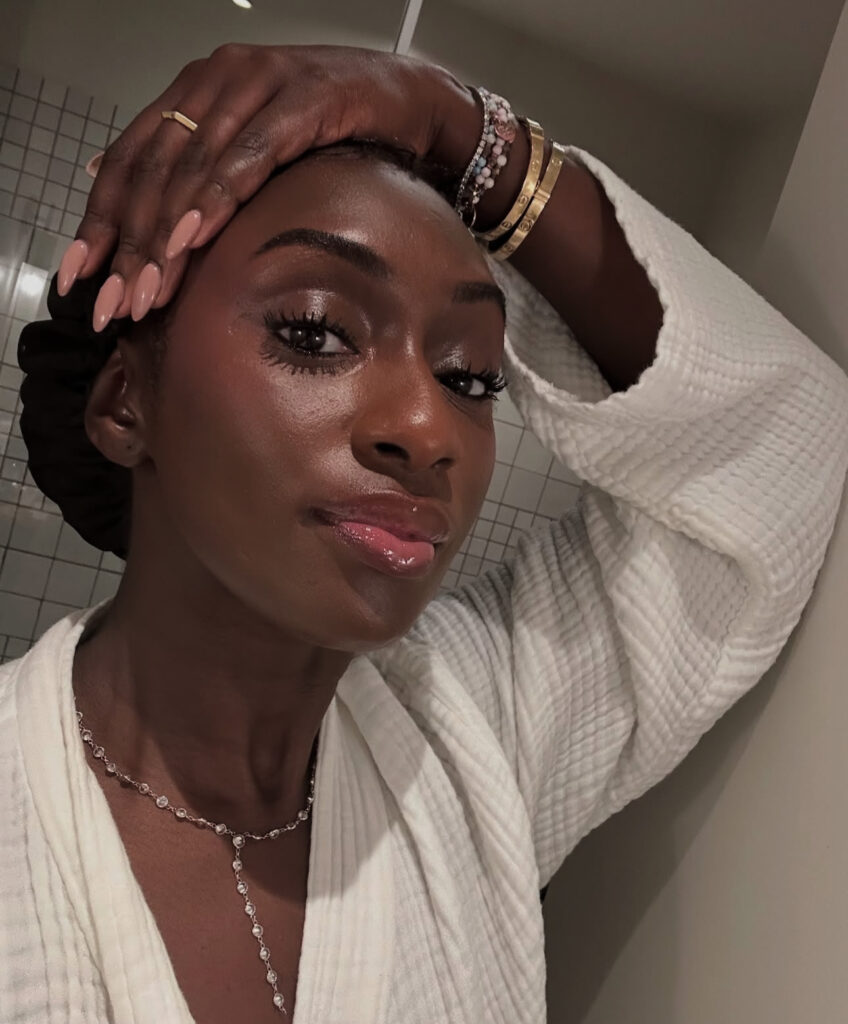
Thank you for the sleepless nights, the risks, the sacrifices, the kind that many will never fully understand and for giving us a brand that, even in its closure, shifted the culture.
Thank you for your honesty in this conversation with Emma, for pulling back the curtain and letting us see not just the highlight reel, but the hard truths.
You reminded us that we don’t have to carry failure like a scar, that it can instead be a stepping stone. You reminded us that as women, and especially as Black women, we can say no, we can rest, and we can still be powerful.
Your work, your voice, and your vision are part of a legacy that will ripple far beyond Ami Colé. And for that, we honor you.
Watch the full conversation below:
